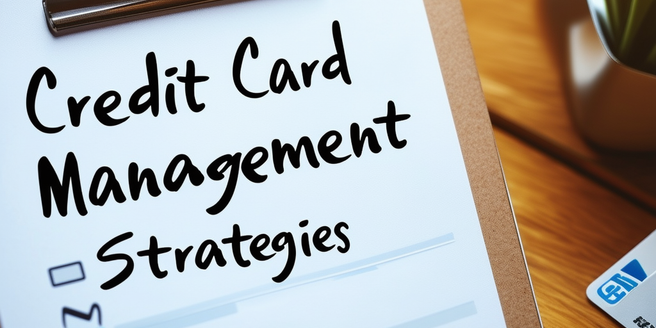
Understanding the Basics of Credit
Credit operates as a financial resource that allows you to acquire items and pay for them over time, like borrowing from a bank. If utilized responsibly, it becomes an invaluable tool in managing your financial affairs more effectively through punctual bill payments, continuous balance reduction, and wise usage. The credit limit assigned to you serves as a boundary to guide sound financial management and prevent financial strain.
Understanding how credit works enhances financial decision-making, providing insight into personal finances and the factors affecting financial status. A solid grasp of credit principles allows for analytical assessment of financial consequences of decisions and proficient planning.
In conclusion, responsible and effective uses of credit are a strategy towards achieving financial goals. A comprehensive understanding of credit and its subsequent effects are crucial in maintaining financial stability and enabling informed decision-making in personal finance.
Evaluating Your Financial Capacity
Before applying for a credit card, conduct a thorough evaluation of your financial capacity considering your income, expenses, and existing debt. Your financial capacity involves more than your income, it includes your spending habits, debts, and savings. It’s important to understand your income pattern, whether regular salary or freelance income, to plan your credit limit effectively. Reviewing your expenses can help determine a credit card that aligns with your lifestyle habits and identify areas of potential savings. Evaluate your existing debts, like mortgages and other balances, to ascertain your capacity for more debt. Understanding your financial capacity before getting a credit card ensures consistent monthly payments without large debt accumulation, enhancing your overall financial health and credit score. Remember, owning a credit card is insufficient, prudent usage and regular repayments are essential.
Recognising Common Credit Card Mistakes
Credit card errors such as making only the minimum payment each month, using the card for everyday purchases, or not closely examining monthly statements can lead to sizable debt and negatively impact your credit rating. Paying the minimum amount results in accrued interest, creating a hard-to-escape debt cycle. Daily utilization of your credit card often leads to substantial balances, increases your credit utilization rate, and potentially lowers your credit score.
Failing to review your monthly credit card statements is another common mistake. These statements offer crucial insights into your spending habits, can alert you to fraudulent transactions, and help track your growing balance to adjust spending as needed.
Even seemingly minor errors can cause significant harm to your financial health and credit score. Being aware of these common pitfalls and vigilantly avoiding them can ensure sound financial health. By maintaining these precautions, you can manage your credit card usage effectively and sustain a healthy financial life.
Strategic Uses of Credit Cards for Low-Income Earners
Credit cards can be an essential financial tool, particularly for low-income individuals, if used strategically for necessary purchases. This strategic utilization involves paying off the monthly incurred balance in full, which prevents the accumulation of interest and aids in building a credible credit score. A good credit score can open doors to beneficial credit offers, which is especially helpful for low-income earners. Furthermore, disciplined use of credit cards can serve as a safety net during unexpected financial emergencies, like medical expenses or car repair bills. Thus, despite their perceived risk, strategic and consistent use of credit cards can offer several benefits, potentially marking a crucial turning point in the financial stability of low-income earners.
How to Improve Your Credit Score With Responsible Card Use
Practicing responsible usage of your credit card is pivotal in improving your credit score. To do so, you should pay your dues on time, avoid missing or delaying payments, and maintain a low balance on your card. Avoid maxing out your credit limit as high credit utilization can reduce your credit score. Too many applications for new credit could paint you as a high-risk borrower, undermining your credit status. These positive habits significantly influence your credit score.
A good credit score can be a game-changer in your financial life, enabling better interest rates on loans and credit cards, potentially saving significant money in the long run. It fosters trust with lenders, easing the acquisition of credit in the future. To conclude, judicious use of credit cards, prompt payments, low balance, and limiting applications for new credit all contribute to strengthening your credit score, providing more leverage in making substantial financial decisions.
Resources for Managing and Overcoming Credit Card Debts
Dealing with credit card debt can often feel overwhelming, but there are several avenues of support available to aid you during these difficult times. Numerous resources are at your disposal, such as credit counseling services and debt management plans. Credit counseling services provide knowledge and tools to help you manage your financial situation, while debt management plans offer a structured solution for debt repayment, often with benefits like reduced interest rates. When you’re overcommitted financially, it’s critical to act swiftly to prevent issues like bad credit scores or bankruptcy. Confront the problem as soon as you notice difficulty in managing your debts, use this daunting situation as motivation to rectify your finances quickly. Remember, with prompt and appropriate action, you can overcome credit card debt and secure your financial future.
